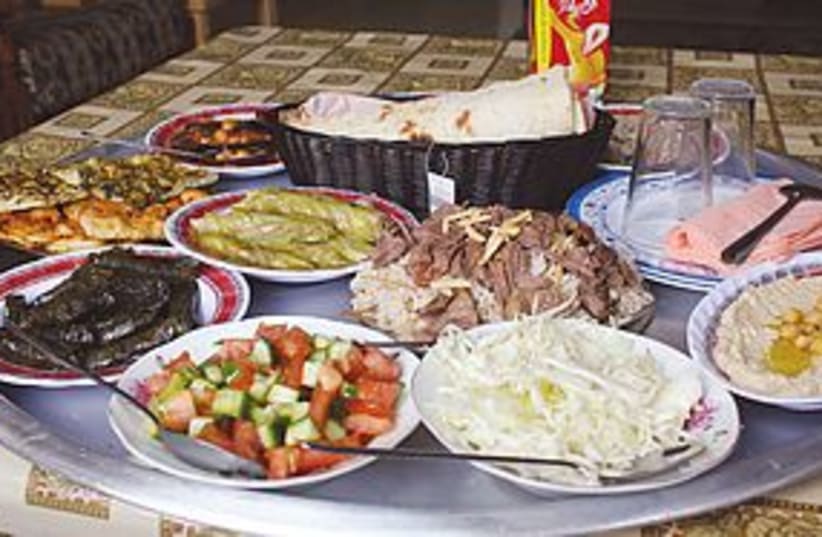For reservations, call Avi at (052) 453- 5100/(04) 839-0125.
The Druse Catskills
Carmel mountain village offers kosher experience to give visitors a glimpse of the community’s way of life.

For reservations, call Avi at (052) 453- 5100/(04) 839-0125.